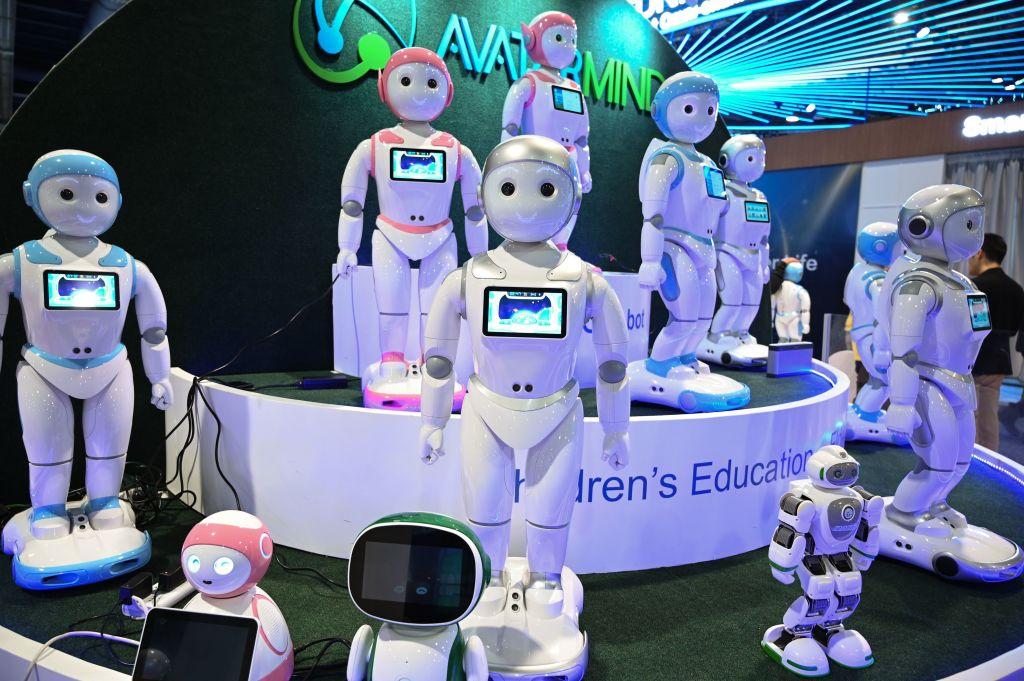Commentary
The United States and the world are on the cusp of history’s greatest threat to not only democracy, but to human agency itself.

The United States and the world are on the cusp of history’s greatest threat to not only democracy, but to human agency itself.